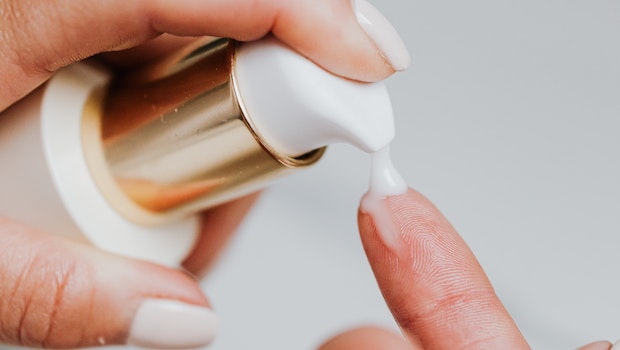The Ultimate Guide to Caring for Extremely Sensitive Skin
Having sensitive skin can be a daily challenge. Even the slightest change in your skincare routine or exposure to certain environmental factors can lead to redness, itching, and discomfort. However, with the right approach and a few essential tips, you can manage and care for your sensitive skin effectively. In this blog post, we will…








